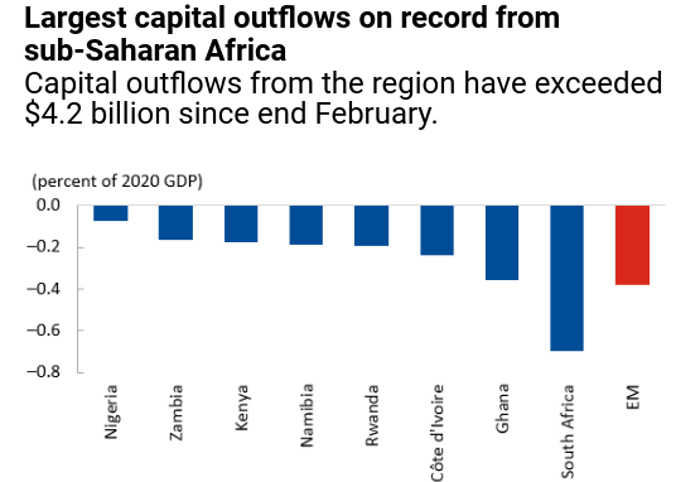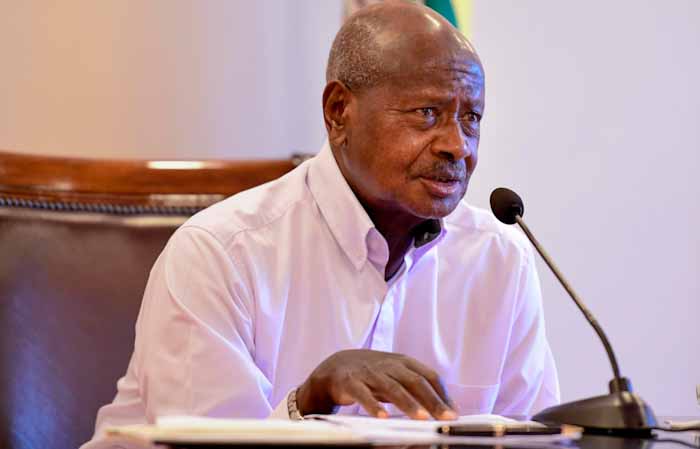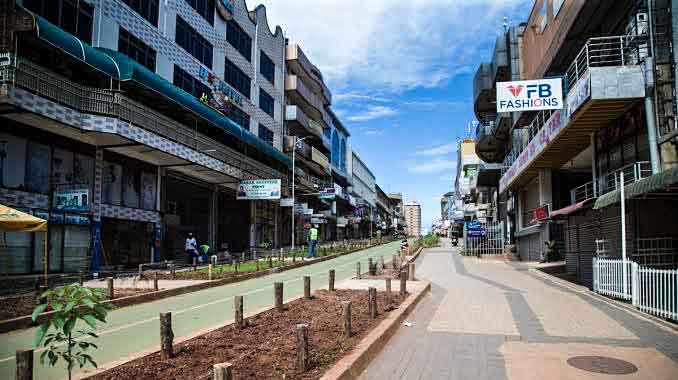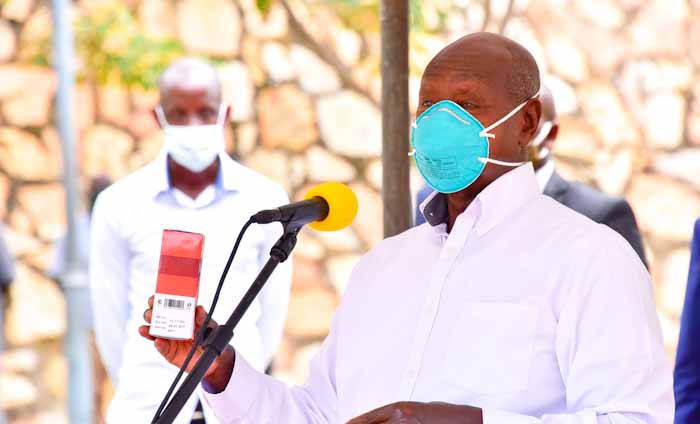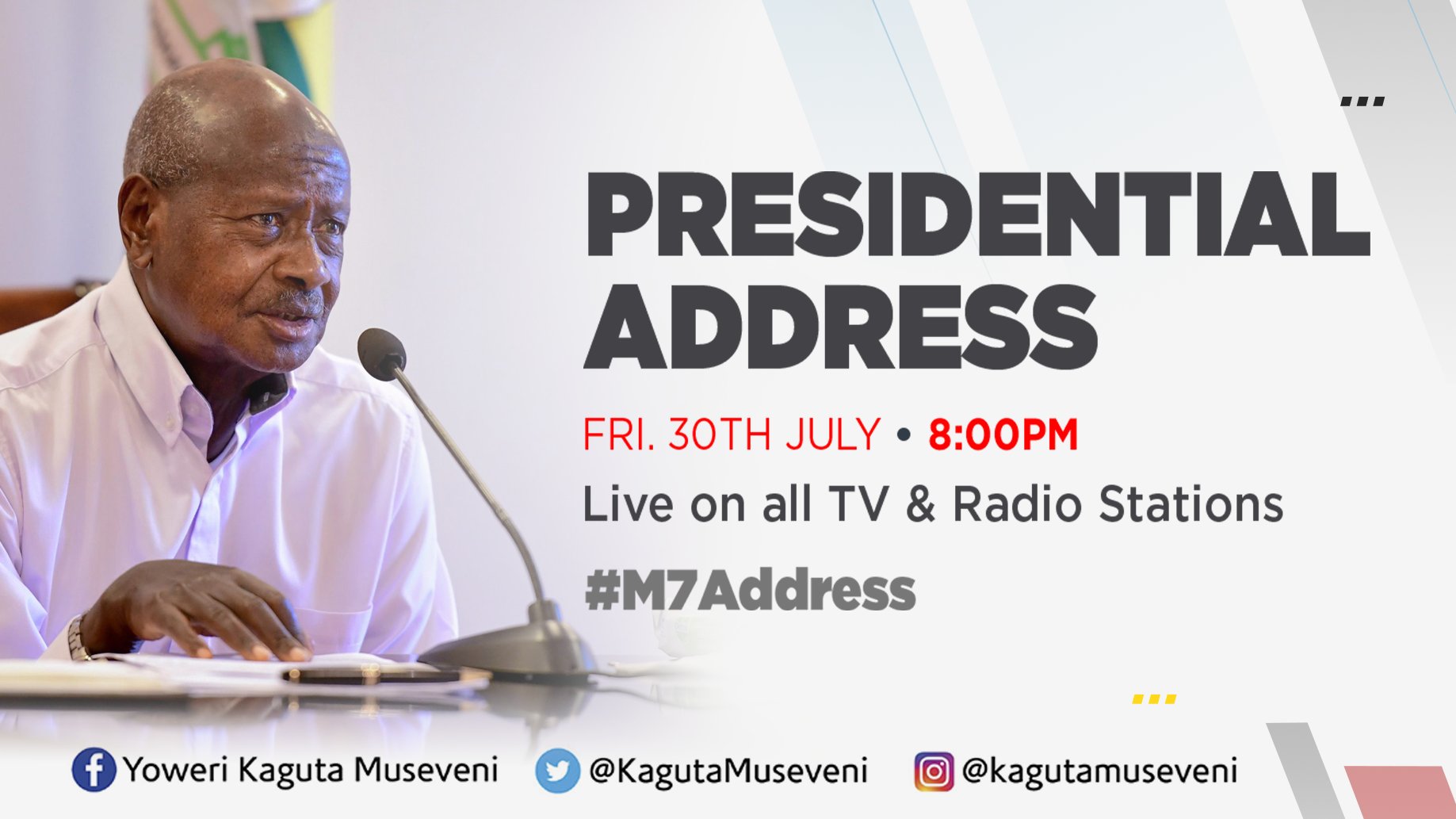The International Monetary Fund is projecting the worst economic performance for countries in the Sub Saharan region in 50 years, because of the combined shutdown measures that have been adopted by governments to control the spread of COVID-19.
During the presentation of the Sub Sahara Regional Economic Outlook, the IMF says that generally, the region’s economy will shrink or what economists call a contraction, as opposed to positive growth trends that have been recorded since 1970.
Abebe Aemro Selassie, the Director of the IMF African Regional Office, said: “First, output in Sub-Saharan Africa is expected to contract by 1.6 percent in 2020. This is the lowest growth number that we can find for the region going back at least to 1970.”
The IMF however projects that Uganda will be one of the very few countries whose economy will likely experience positive growth (of about a real GDP growth of 3.5%, down from 4.9% in 2019.
Rwanda will drop from 10.1% to 3.5%; Ethiopia from 9% to 3.2%. The few sub-saharan countries with positive outlooks will be down to the fact that they have vast subsistence sectors, which will not be as exposed to the impact of the economic shocks as other sectors.
However, the impact of rapid population growth in some countries such as Uganda, coupled with the high debt burden, are likely to put pressure on the standards of living of especially the poor masses.
The Ministry of Finance projections released to Parliament on March 19, 2020, Minister Matia Kasaija warned that if the government was to undertake radical measures to close the economy including closing shops and borders, as the case is now, up to 2.6 million Ugandans would be pushed into poverty.
IMF’s Selassie said: “The hit to growth reflects a poisonous cocktail of shocks that is affecting livelihoods and economic activity. Swift and decisive measures, closing borders, shattering businesses, requiring people to stay at home have had to be adopted to halt the advance of the virus before it overwhelms already stretched health services, but will also disrupt production and reduce demand sharply.
“Of course, worth bearing in mind is that these measures will have the greatest impact on the region’s most vulnerable. People, who in many cases, have to go out every day to earn income to put food on the table are now being required to stay at home now.
“Coupled to this plummeting global demand will exacerbate the economic impact greatly by reducing demand for the region’s goods and services, tourism, remittance flows, tighter global financial conditions have already triggered significant capital outflows from the region, and will also adversely impact the prospect for investment going forward. And commodity exporters, will suffer from an additional sharp decline in key commodity prices adding significantly to the region’s difficulties,” said Selassie.
Because of the unprecedented sharp decline in output, the IMF says it has adopted aggresive measures to help countries cope with diminished revenues and also enable them invest in social sectors.
One of the aggressive measures adopted by the fund is the releasing of funds under the Catastrophe Containment and Relief Trust, that was adopted this Monday. The fund will make available up to $11.5bn for 32 countries including debt relief for some of the countries.
Uganda has not been listed as among the countries that will benefit from suspending of debt service relief.

